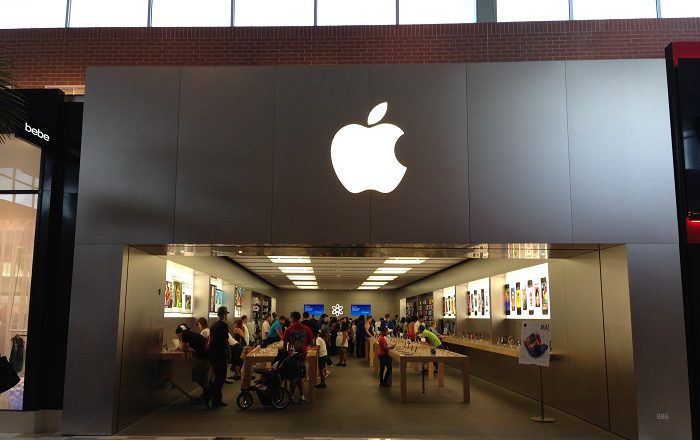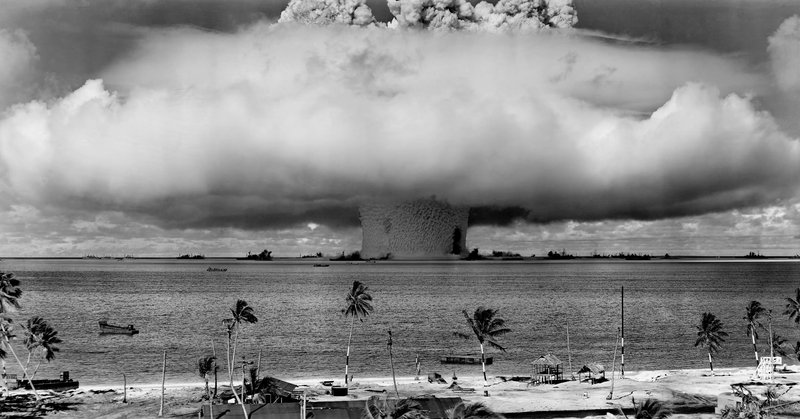If They See It Being Virtually Touched – Consumers Value A Product Viewed Online More
The Research Brief is a short take about interesting academic work.
The big idea
Consumers who see a product on sale being virtually touched are more engaged and willing to pay more than if the item is displayed on its own, according to a recent research paper I co-authored.
Behavioral economists have previously shown that people value objects more highly if they own them, a concept known as “the endowment effect.” Marketers have found that this feeling of ownership can occur even when a consumer merely touches something in a store.
With Americans buying a record amount of stuff online, I wondered whether virtual touch also influences how consumers perceive and value products. To find out, I teamed up with marketing researchers Joann Peck, William Hedgcock and Yixiang Xu and performed a ...



